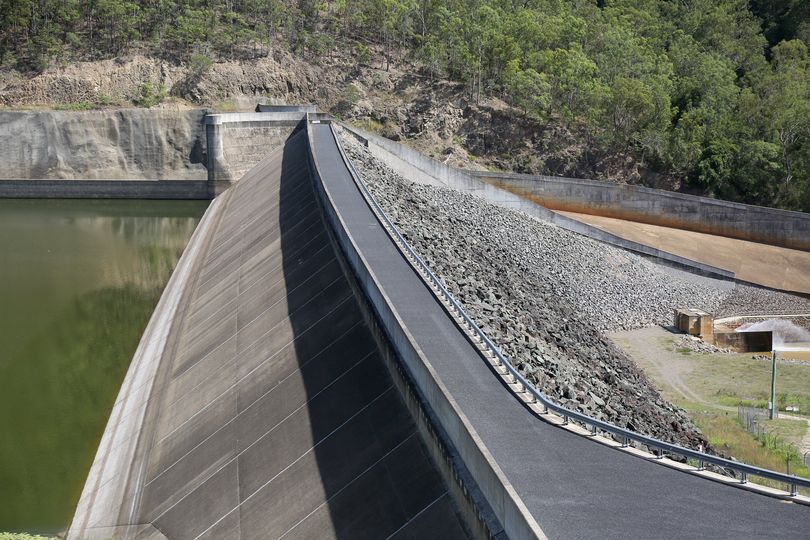State-owned company Queensland Hydro said geotechnical exploratory drilling which will help inform the environmental impact statement (EIS) process has started at the site of the Borumba Dam pumped hydro project. The $14.2 billion (USD 8.96 billion) project is expected to provide 2 GW of dispatchable generating capacity and approximately 48,000 MWh of large-scale storage to the National Electricity Market.
Queensland Hydro also said the state’s Coordinator-General has declared the project, being developed at the 46,000 megalitre Borumba Dam near Gympie, a coordinated project, enabling an assessment of social, economic and environmental matters to begin.
The project involves building a new dam wall at Lake Borumba that will increase the dam’s storage capacity to 224,000 megalitres. A new dam will also be created at a higher altitude with the two reservoirs connected by an underground power station. Water will be pumped to the upper dam during periods of surplus renewable energy and low demand, and then released back to generate electricity during times of high demand.
Pending successful planning and environmental approvals, the project is targeting first power in 2030.
Queensland Energy Minister Mick de Brenni said the project, the first of two large-scale long-duration energy storage projects planned by the Queensland government, will play a key role in the state’s renewable energy transition.
“Pumped hydro is proven technology, ready to go now,” he said. “Borumba will allow us to replace expensive fossil fuels with Queensland’s sun, wind, and water, putting the Sunshine State on the map as a global renewable energy hub.”
The Queensland government is aiming to have 70% renewable energy by 2032 and 80% by 2035, up from about 25% of total power generation at present.
De Brenni said the Borumba project will be subject to Queensland procurement policy with the state government looking for Sunshine Coast companies and tradespeople to be part of the build. At peak construction, the project is expected to deliver an estimated 2,300 jobs.
This content is protected by copyright and may not be reused. If you want to cooperate with us and would like to reuse some of our content, please contact: editors@pv-magazine.com.









3 comments
By submitting this form you agree to pv magazine using your data for the purposes of publishing your comment.
Your personal data will only be disclosed or otherwise transmitted to third parties for the purposes of spam filtering or if this is necessary for technical maintenance of the website. Any other transfer to third parties will not take place unless this is justified on the basis of applicable data protection regulations or if pv magazine is legally obliged to do so.
You may revoke this consent at any time with effect for the future, in which case your personal data will be deleted immediately. Otherwise, your data will be deleted if pv magazine has processed your request or the purpose of data storage is fulfilled.
Further information on data privacy can be found in our Data Protection Policy.